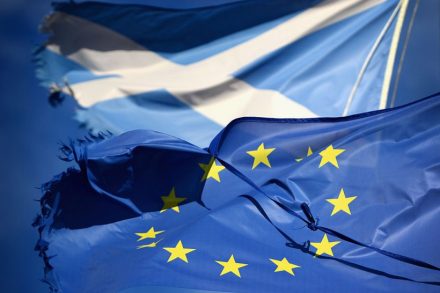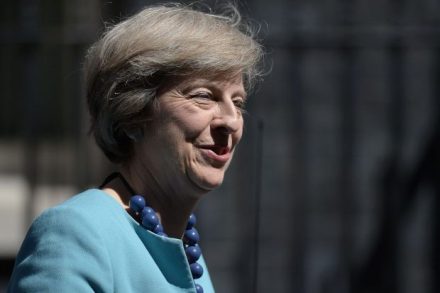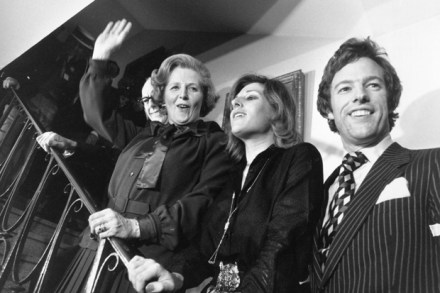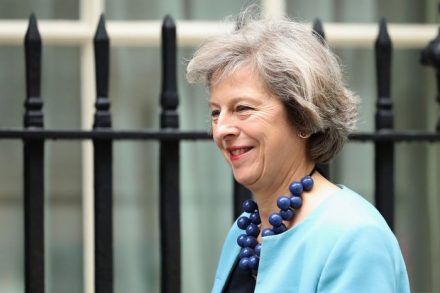Scotland doesn’t deserve another referendum
If the SNP ever succeeds, it will be because of the failure of the English to understand its game. English people with no goodwill towards Scottish nationalism keep saying that ‘Scotland voted to remain in the EU’. It is not true. The Scots, like all other voters, answered the question which was put to them, which was whether theUnited Kingdom should leave or remain in the EU. They were not asked about what Scotland should do, any more than London, Liverpool or Bristol — three cities which voted Remain — were asked whether they sought secessionist EU membership. To say that Scotland must have another referendum on anything because a majority



















